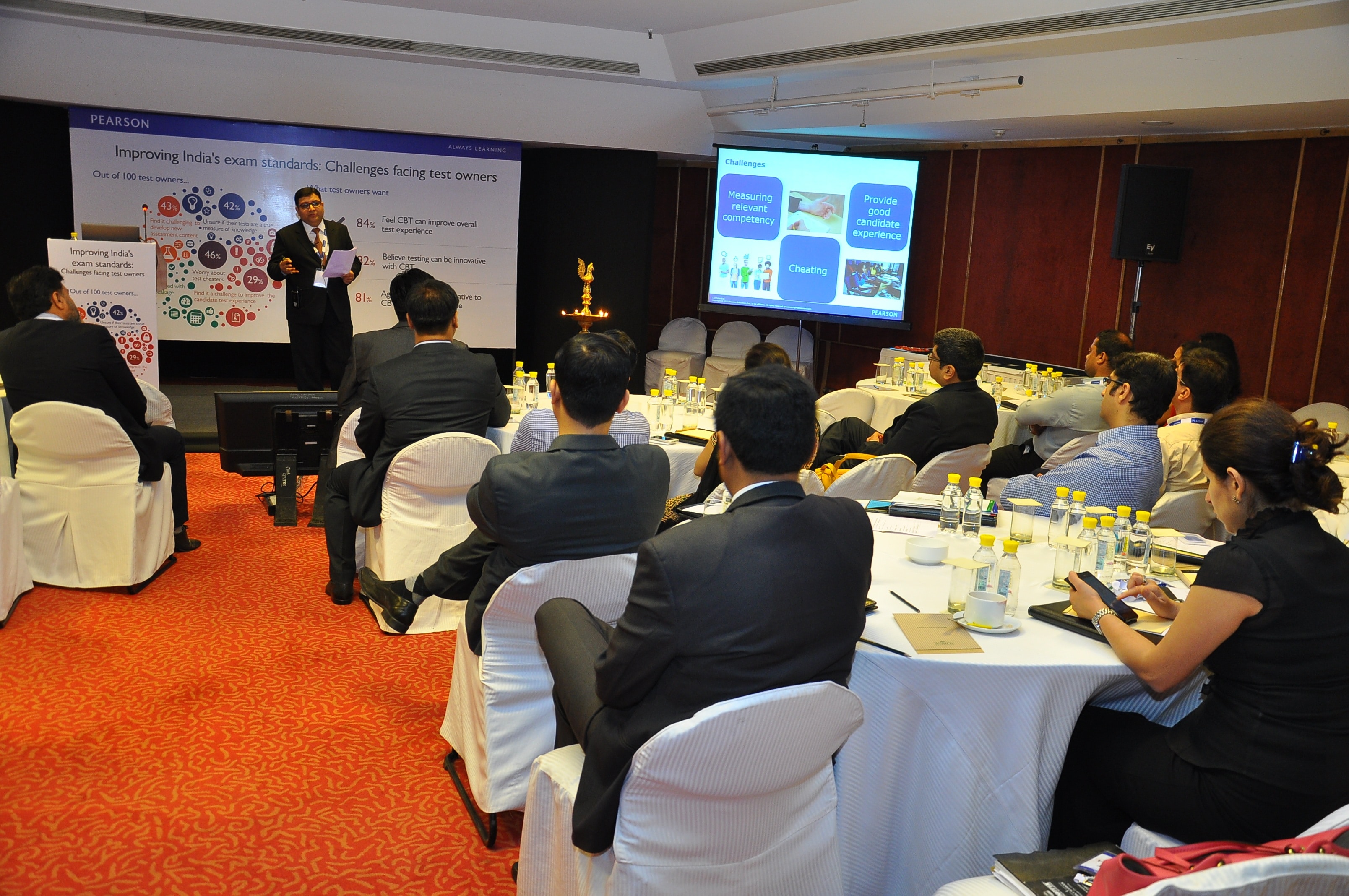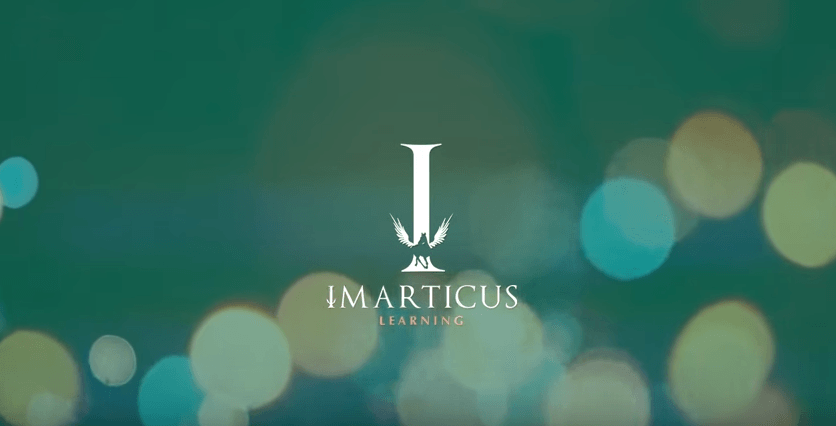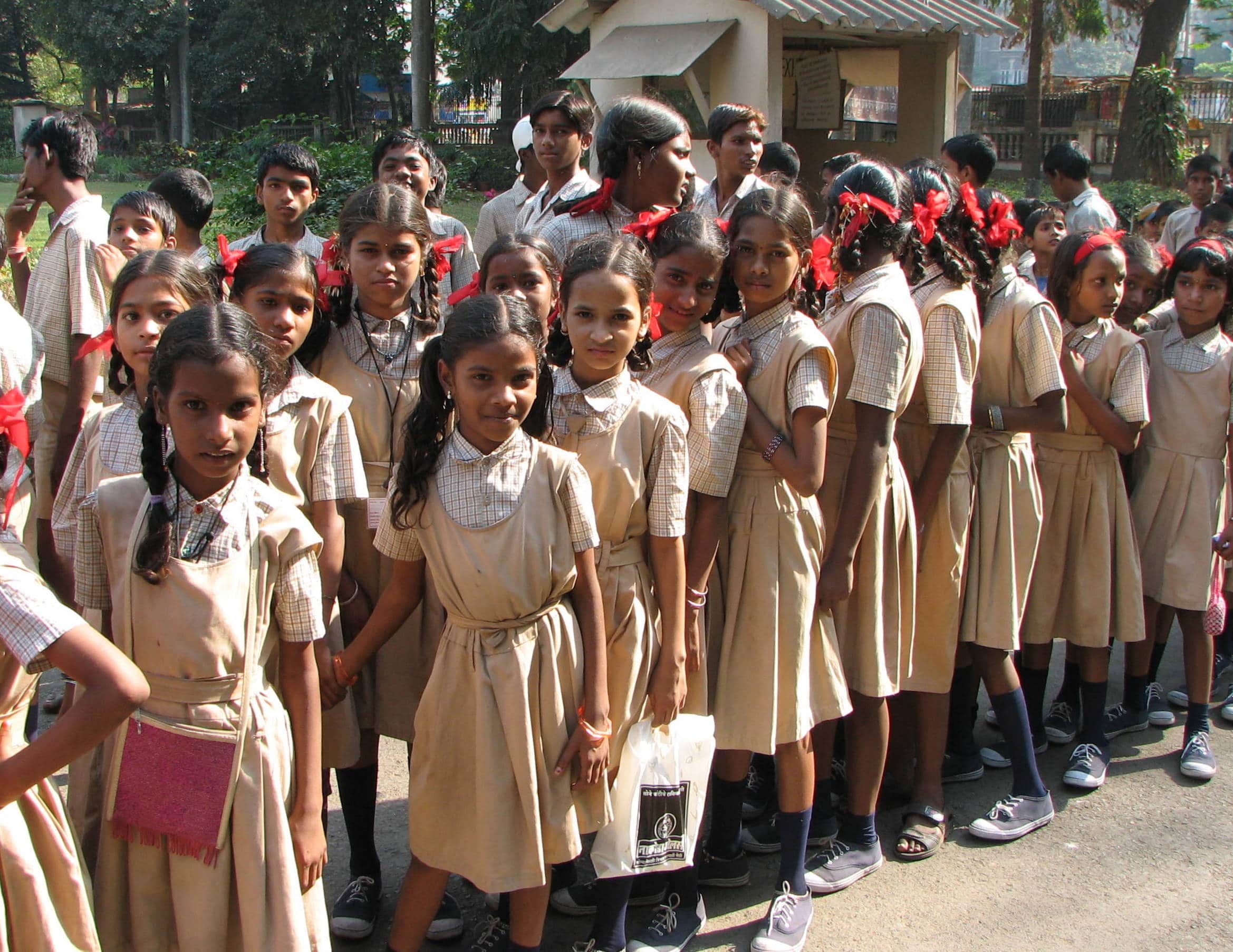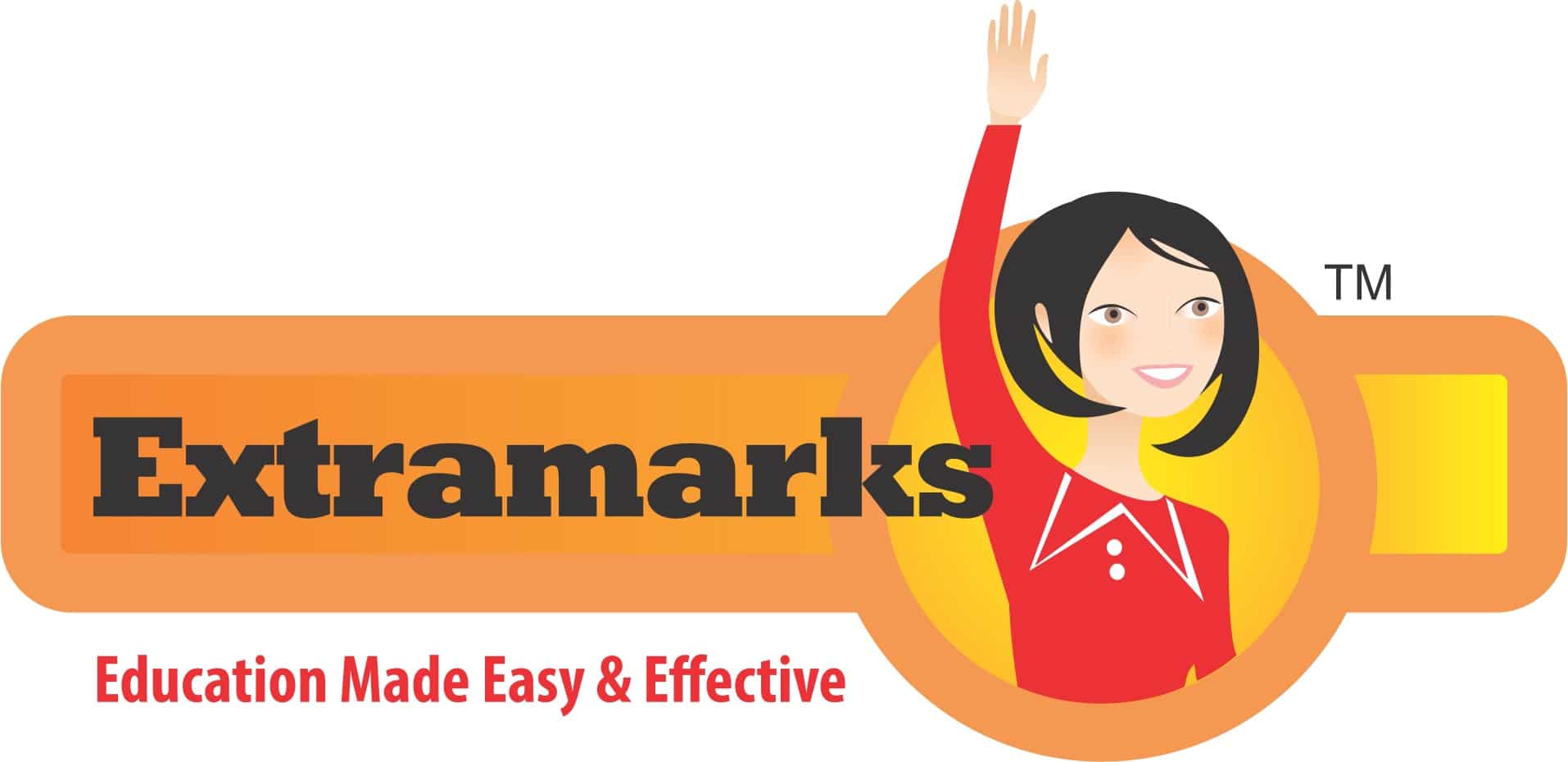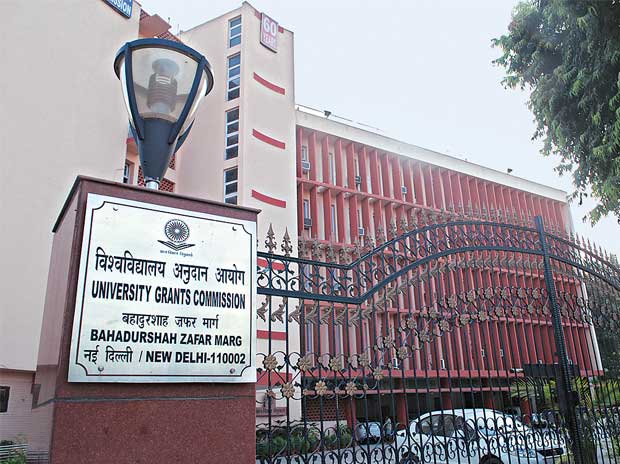McGraw-Hill Education, a learning science company, informed that in 2015 unit sales of digital platforms and programmes exceeded those of print in its US Higher Education Group, for the first time. In the previous year, the company also expanded the number of adaptive offerings for US higher education to over 1,400, up from 40 in 2012. Increasingly, educators are turning to adaptive programmes, which have been shown to improve engagement, student retention, test scores and pass rates. The company saw double-digit growth in activations across its key digital offerings in 2015. The key digital platforms and programmes that reported strong year-over-year growth are Connect, LearnSmart, SmartBook and ALEKS.
David Levin, President and CEO, McGraw-Hill Education, said, “Our transition to providing digital products that offer better outcomes at meaningfully lower prices is going really well. In fact, as students returned to college in early 2016, they activated 1.2 million subscriptions to our Connect platform during January and February, a double-digit increase over the previous year.”
“We are also delighted that for nearly all the courses for which students purchase Connect, they can also order a loose-leaf print version of the textbook for as little as $25 and we continue to encourage those who want print alongside digital to use this very inexpensive option,” he added.












